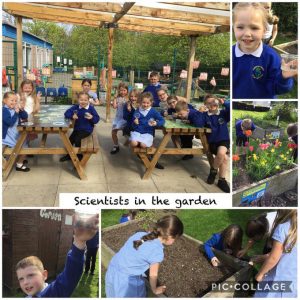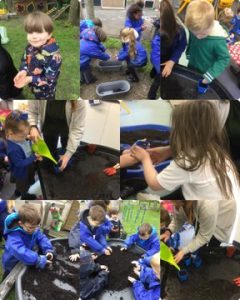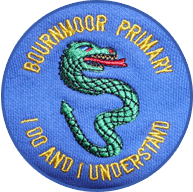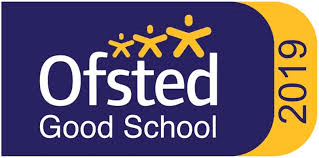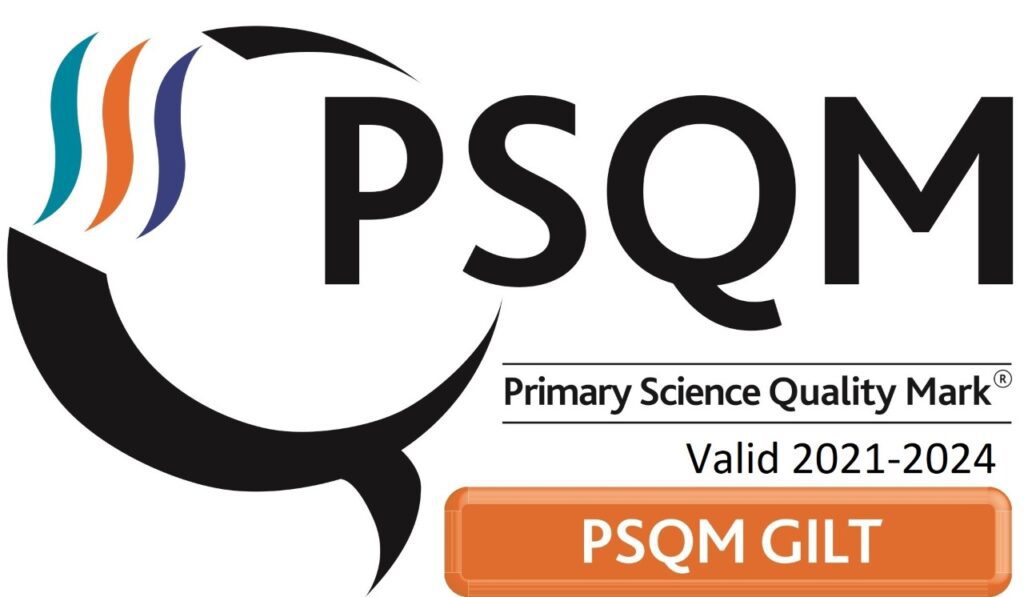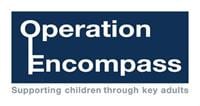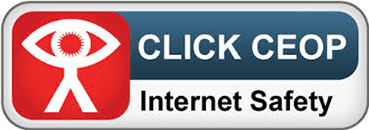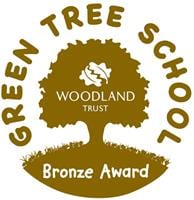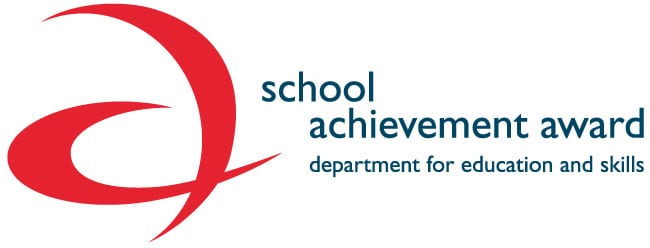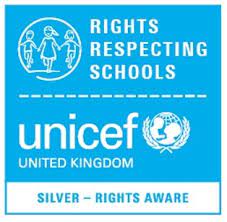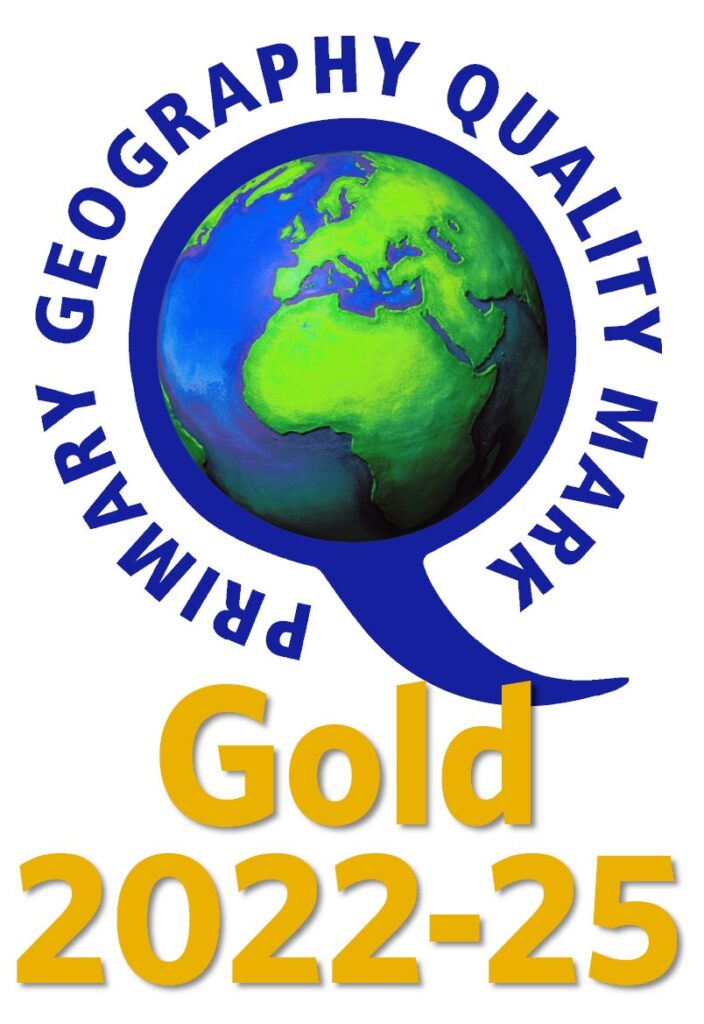Science at Bournmoor Primary School
The national curriculum for Science aims to ensure that all children can:
- Develop scientific knowledge and conceptual understanding through the specific disciplines of biology, chemistry and physics
- Develop understanding of the nature, processes and methods of science through different types of science enquiries that help them to answer scientific questions about the world around them
- Are equipped with the scientific knowledge required to understand the uses and implications of science, today and for the future
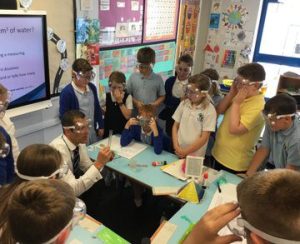
Planning and organisation of the subject
Science is taught across the school from Reception to Year 6. As a whole school, staff have planned long term curriculum grids to match the specific year group objectives. Following the successful submission and achievement of Primary Science Quality Mark (PSQM) Gold, we resubmitted our application in 2021 and achieved PSQM Gilt (2021-2024). We are very proud of this achievement as it reflects our commitment to quality Science teaching and learning in our school. Within each year group, children are provided with a topic overview and vocabulary sheet which is completed throughout the topic to aid scientific enquiry and use of technical language appropriate to their own objectives.
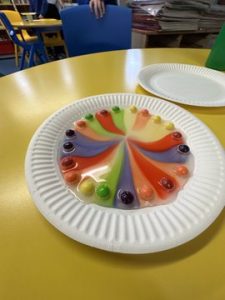
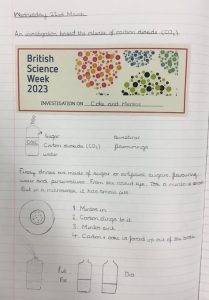
Teaching styles and strategies
Teachers ensure that children are taught the key information they need to know and remember to develop their scientific understanding. Lessons can begin with a question to develop thinking and enquiry. Teaching supports and develops the children’s ideas and helps them to use a range of suitable resources and equipment safely. Science teaching develops the skills of “working scientifically” outlined in the National Curriculum. Scientific vocabulary is developed throughout the lesson and displayed for children to see. Glossaries are used to develop children understanding of specific scientific vocabulary. Children are encouraged to develop their enquiries where appropriate and when appropriate, take a lead in the sessions through initiatives such as teaching teams (groups of children capable of supporting others during an activity), investigation roles and child-led investigation. Within practical sessions, children are encouraged to design their own investigations and experiments and (in KS2) choose a format that best displays their findings in a unique form. Staff have worked closely with all year groups to understand what children at Bournmoor want Science to be, it was noted that they feel Science should be FINE; Fun, Interesting, Noteworthy and Enjoyable by all. Scientific enquiry is focused on and children are aware of what branch of Science they are currently studying (Chemistry, Biology and Physics) and staff ensure that, where possible, real life links are made to the more theoretical topics and areas that are heavily research based.
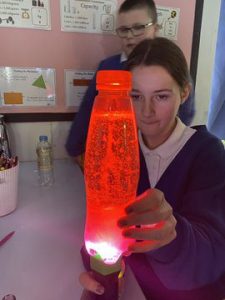
How the subject is assessed
Foundation Stage
Teachers use observations of child-initiated activities and adult led tasks to collect evidence of the level the child is currently working at. Children should have the opportunity to take part in Science sessions where children record a Science based task which is often annotated with their comments and levels of thinking. Observations, annotations and children’s work are used to provide a full picture of the child’s achievement and working level.
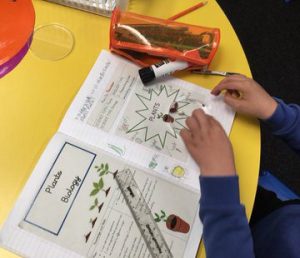
Key Stage One and Two
Assessment is ongoing and is based on lesson content, topic assessments and child-led self-assessment. Each teacher (and child) can track their own progress through the school with a Science learning journal. This journal outlines the current year group topics to be covered (as well as Scientific enquiry) and each child assesses their own performance against a range of objectives. Teachers then assess against the same objectives in-line with the judgements used in our internal tracking system supported by our assessment grids.
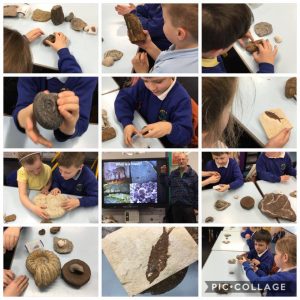
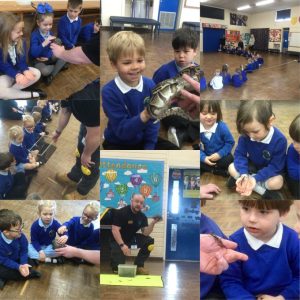
Impact
- The process of gathering and submitting information for our PSQM submission highlighted a number of strengths across the school and has provided a framework from which Science can be suitably assessed against formal outcomes.
- We have developed external links with CAD2CODE and NISSAN, ensuring our UKS2 children have the opportunity to compete in external events and competitions.
- Assessment of science is consistent and completed after each science topic. This then moves with children as they progress through school. This provides teachers with a starting point and an understanding of children’s abilities when measured against specific objectives.
- Children are engaged in science throughout the school and teachers ensure that the profile of science remains a priority in each classroom. Class teachers ensure coverage of all enquiry types in planning overviews which provides children with a balance of research, investigation and practical experiments.
- Systems and processes in place such as learning journal, planning, assessment and the lesson frameworks are consistent across school, ensuring the subject is well prepared for external moderation. Monitoring of these assessment documents by leadership has ensured that the assessment approach is consistent.
- Children are confident to discuss science and the term “Science Capital” continues to develop following our successful PSQM submission.
- Resources and opportunities for child-led learning as part of “Understanding the World” in EYFS are wide and varied. They are encouraged to explore, problem solve, observe, predict, make decisions and talk about the world about them.
- Children have access to a comprehensive range of resources and we continue to develop our outdoor areas to ensure children develop basic skills that can be built on throughout the following key stages.
- A link governor for Science works with the subject lead to monitor.
